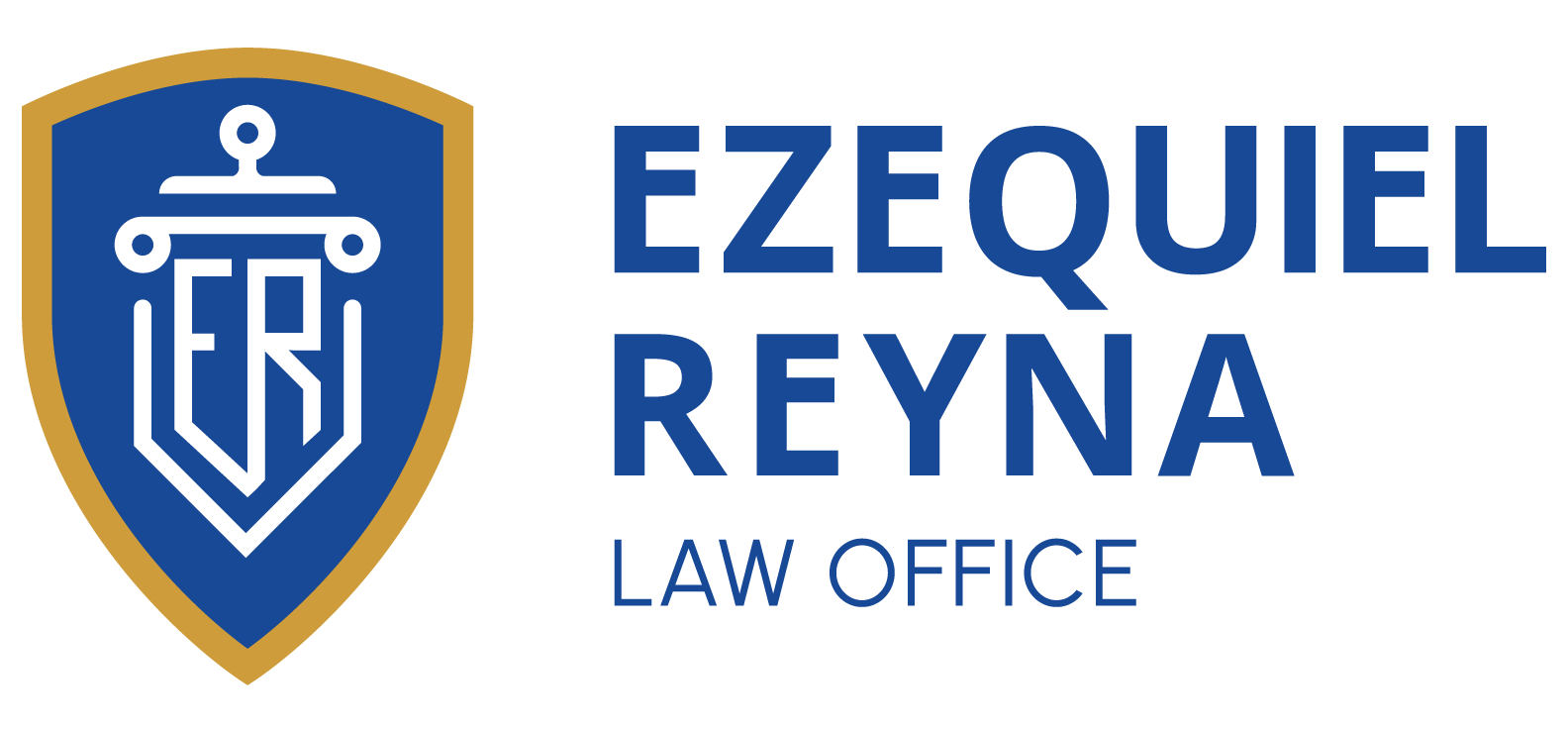When driving in Texas, seeing cars go 10, 15, or 20 mph over the speed limit is a very common sight. When it comes to being a safe driver, speeding is a serious cause for concern. As a driver goes faster, they significantly reduce the amount of time they have to react to changes on the road ahead. Speed limits are put into place for a reason – each road has a different limit based on what area the road is in, the width of the road, how dense the traffic will be, etc. It has been proven that one of the main factors in fatal road accidents is speeding.
Speeding is so much more than just breaking the law – drivers who are speeding have greater potential to lose control of their vehicles. Drivers will also have significantly less time to react to perceived dangers in the road while speeding. These consequences, in turn, will increase the likelihood of that driver getting into a car accident. The severity of a car accident increases if one or more of the drivers was speeding before the crash occurred. Not to mention, speeding increases fuel consumption and cost.
Texas has two different types of speeding laws: a “basic speeding law” and “prima facie” speed limits. The basic speeding law prohibits drivers from driving faster than “reasonable and prudent under the circumstances then existing.” This means that drivers must maintain a safe speed the entire time they are on the road. That “safe speed” will depend on what road the driver is on and what the weather conditions are. For example, the speed limit on a Texas highway may be 60 miles per hour, which is totally appropriate on a bright, sunny day. If the road is wet or icy and it is very dark outside, driving 60 miles per hour may be dangerous and a violation of the basic speeding law.
Texas also has what are called “prima facie” speed limits. If you drive faster than the prima facie speed limit, that doesn’t necessarily mean you are guilty of breaking the law. You will still have the opportunity to prove in court that your speed was safe when driving. The judge or jury will determine if your speed was safe. Remember, though, that this does not mean you are allowed to speed down Texas roads because you will still get pulled over for going above the speed limit.
If you are pulled over for speeding and convicted in court, you will have to pay a fine and court costs. These vary by location in Texas but range from $130 to $300 depending on the speed by which the driver exceeded the speed limit. That is not the only fine a speeding driver may receive, however, as Texas does recognize speeding as potentially reckless driving. Reckless driving in Texas is a crime. If the driver of the vehicle drives with willful or wanton disregard for the safety of others or property, they are considered to be driving recklessly. These drivers do not care about the safety of those around them. If convicted, reckless drivers can face up to 30 days in jail and/or fines of up to $200.
Speeding goes hand in hand with serious car accidents; and, drivers who speed have the potential to be convicted of vehicular manslaughter or homicide if their speeding leads to the death of another person. A conviction this serious can carry significant prison time and thousands of dollars in fines, not to mention a lifetime of guilt from taking someone away from their family.
South Texas Car Accident Lawyers
Car accidents caused by a reckless, speeding driver can be absolutely devastating, but victims don’t have to handle them by themselves. By selecting knowledgeable legal representation, the injured won’t have to worry as much about their next steps. If you or a loved one has been injured or killed in a car accident, contact the Weslaco car accident lawyers at Ezequiel Reyna, Jr. Law Office today to discuss your case. There is limited time to act following a motor vehicle accident in Texas, so don’t delay.










